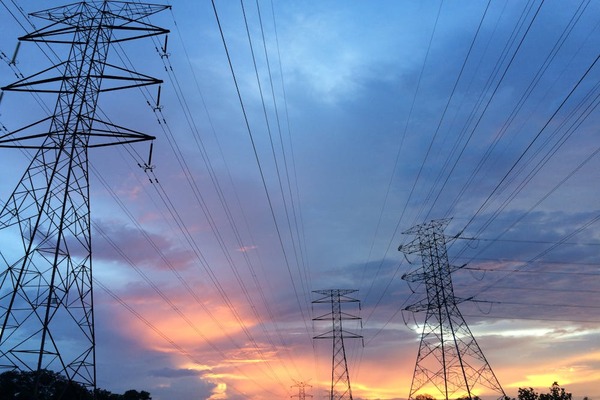Jordan’s National Electric Power Company (NEPCO) has received funding from the European Bank for Reconstruction and Development (EBRD) and the European Union (EU) to upgrade the country’s electricity transmission network.
The package includes a sovereign-guaranteed loan of up to $56.5 million (€54.7 million) from the EBRD and an EU investment grant of up to €12.4 million. These funds will support the construction of a high-voltage electricity substation in northern Jordan. The project will also include four new overhead transmission lines. Two 400 kV lines will connect to the existing Samra and Amman West substations, while two 132 kV lines will be linked to the Hasan Industrial and Jerash substations.
The new infrastructure is intended to strengthen Jordan’s electricity grid. The substation will help the grid handle more power, improve cross-border electricity connections, and reduce transmission losses. The EU is also providing a €2.2 million technical cooperation grant to fund a project implementation consultant for NEPCO.
Alongside large-scale projects, Jordan has been developing smaller renewable energy initiatives. In Maan, a hybrid solar-wind system has been installed to provide electricity to a local industrial zone. In Tafila, small-scale solar farms have been set up to supply power to schools and government buildings. A solar-powered water desalination project is operating in Azraq to provide clean drinking water to local communities.
Jordan is also working on waste-to-energy projects. In Amman, a biogas plant has been developed at the Ghabawi landfill to convert organic waste into electricity. A similar initiative is being tested in Irbid to explore energy production from agricultural waste.
The country has introduced vocational training programs to support renewable energy expansion. In partnership with local institutions, training centers in Karak and Zarqa offer courses for technicians in solar and wind energy installation.


